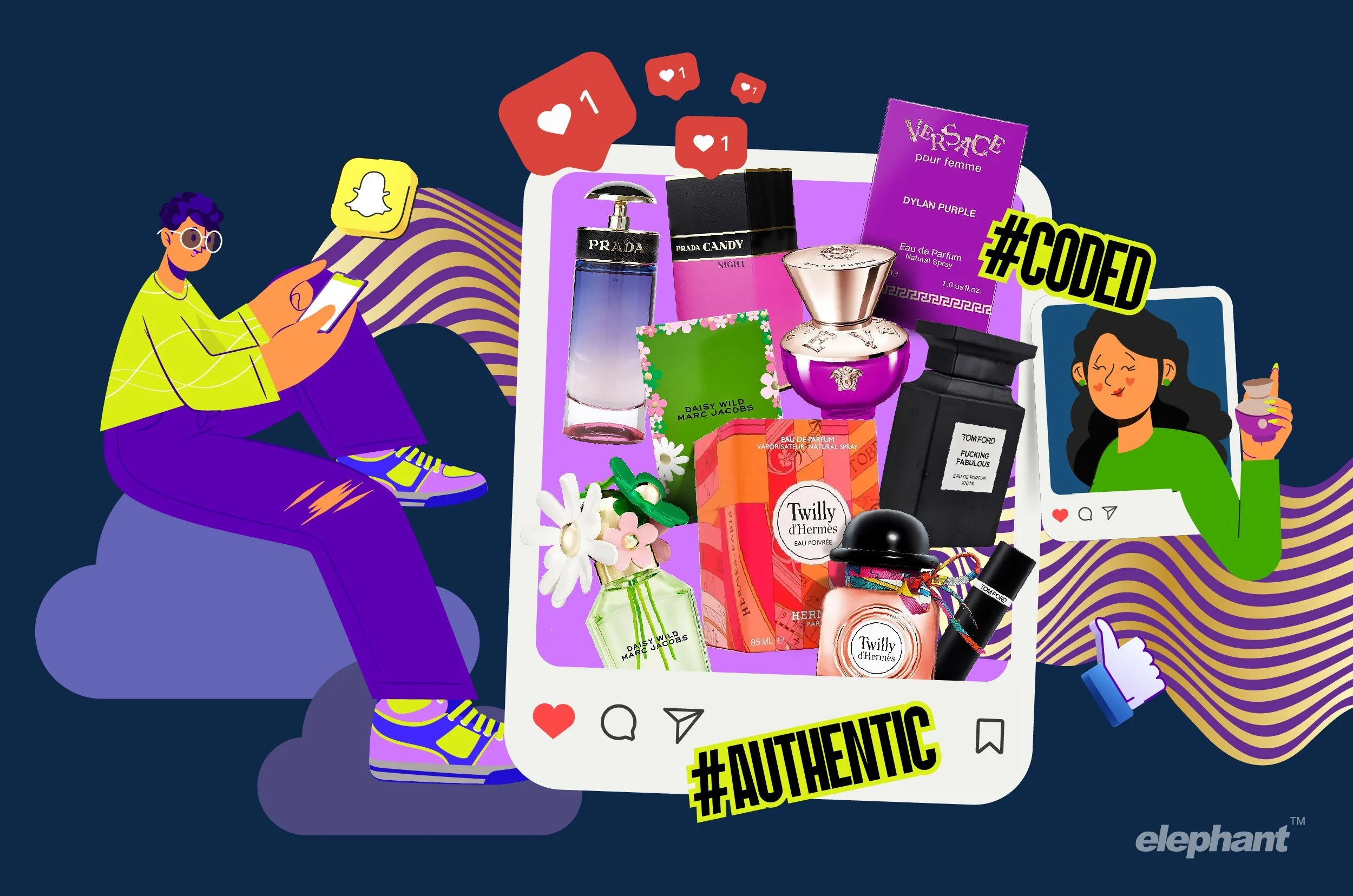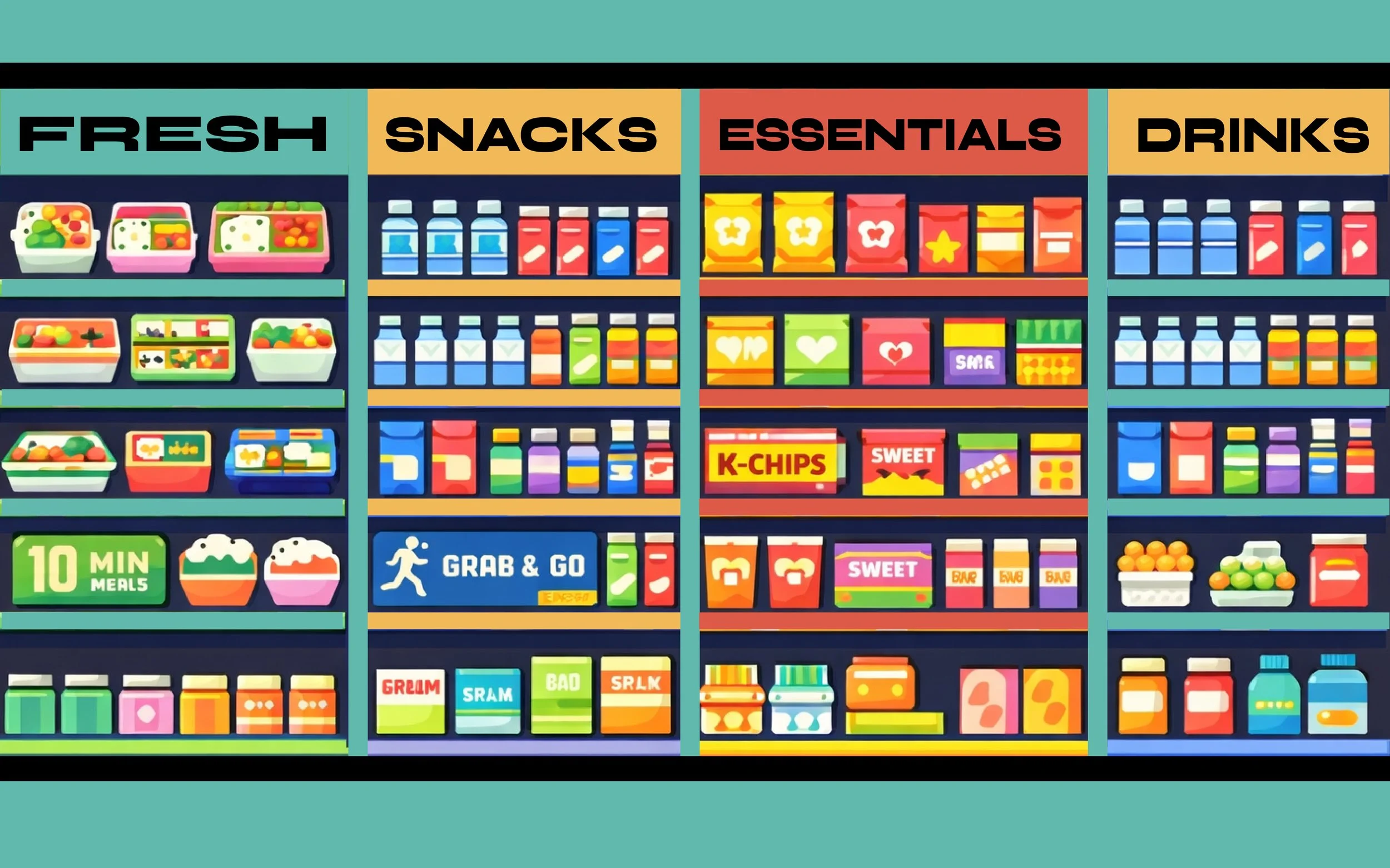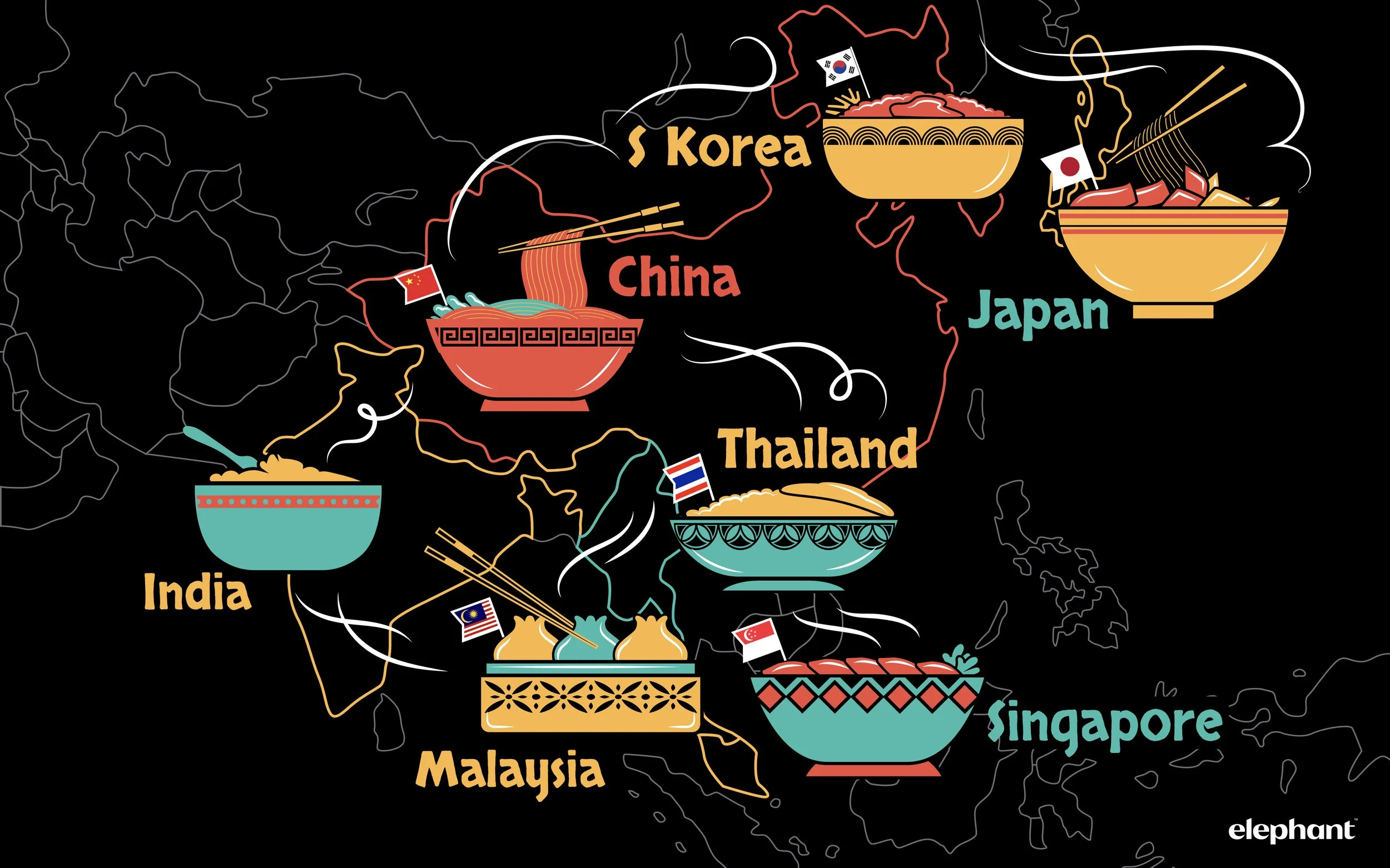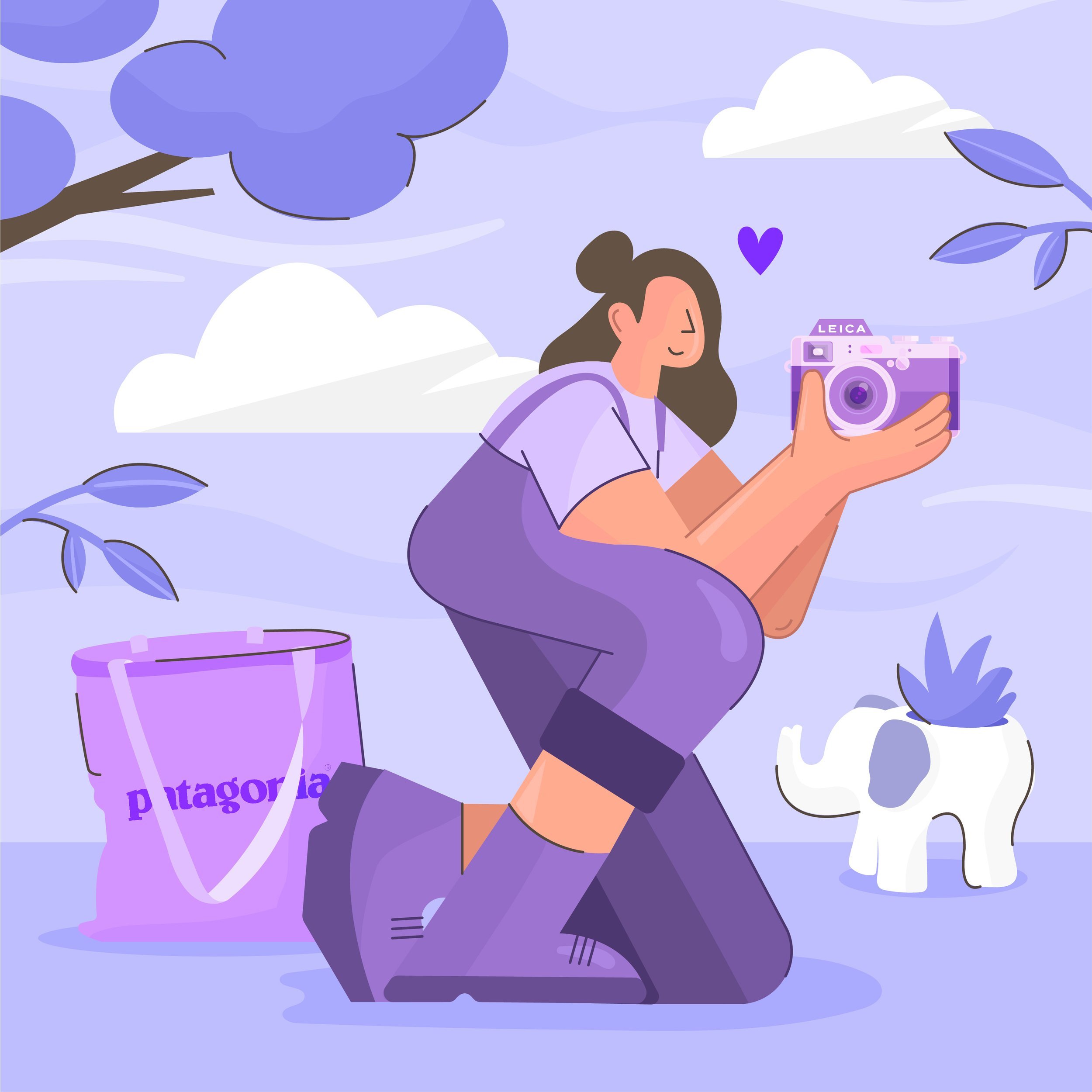In a bold and unprecedented move, luxury fashion houses are embarking on a journey to captivate Generation Z like never before. It's not just about clever marketing anymore; it's a complete overhaul of the very essence of luxury in a time where a $50 Prada lip balm can outshine a $1200 T-shirt, or shoes priced at $3000.
Shaping the Future of Luxury
By 2030, Generation Z is projected to influence nearly a third of all luxury purchases (Bain & Company data). Yet, in their rush to please the ultra-wealthy post-pandemic, many luxury brands unwittingly alienated younger buyers, losing a staggering 50 million customers in the process. This misstep has prompted a monumental shift throughout the industry as brands scramble to reclaim their place among the younger crowd.
Prada's Playbook
better future. One standout strategy comes from Prada, which has opted for a fresh approach that integrates modern culture into its identity. Instead of solely focusing on high-end products, they have found success through collaborations with nano-influencers on TikTok and placing products in popular music videos. This acknowledges a critical insight: even a 21-year-old may not be able to afford luxury items right now, but they can build an emotional connection with the brand through more accessible touchpoints.
Prada's Playbook
One standout strategy comes from Prada, which has opted for a fresh approach that integrates modern culture into its identity. Instead of solely focusing on high-end products, they have found success through collaborations with nano-influencers on TikTok and placing products in popular music videos. This acknowledges a critical insight: even a 21-year-old may not be able to afford luxury items right now, but they can build an emotional connection with the brand through more accessible touchpoints.
Breaking the Mold of Tradition
The transformation isn’t just about marketing but also extends to design aesthetics. Historic luxury houses, known for their understated elegance, are now embracing bold neons, vibrant pastels, and adventurous patterns—elements that were unthinkable just years ago. This shift reflects a broader cultural change as brands attempt to resonate with the dynamic tastes of a younger audience.
Luxury Consumption, But Smarter
What’s most fascinating is Gen Z's sophisticated approach to luxury consumption. Unlike previous generations that may have purchased items for status alone, they now see luxury shopping as an investment. The booming resale market, valued at $47 billion in 2023, illustrates this savvy consumer behaviour. Gen Z is not just buying for the sake of it; they’re considering future value, prioritizing sustainability, and doing their homework before making financial commitments.





















